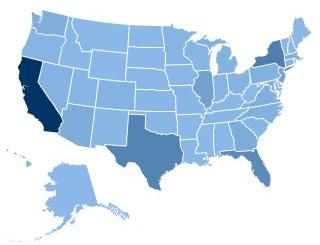 The dramatic announcement on May 17, 2011 that the Department of Homeland Security (DHS) would extend Temporary Protected Status (TPS) for another eighteen months to Haitians, including those who entered the country no later than January 12, 2011, is a welcome step forward in the saga of the Haitian earthquake. The decision to extend and redesignate Haiti for TPS has been a long time coming and reflects more than a year of solid effort on the part of advocates and the Haitian community. In many ways, DHS’s handling of the devastating January 2010 earthquake in Haiti is emblematic of the triumphs and tribulations discussed in a recent report issued by the Immigration Policy Center, Second Annual DHS Progress Report: An Analysis of Immigration Policy in the Second Year of the Obama Administration. This critique found that the immigration agencies appear to be tackling issues affecting Haitians independently, failing to coordinate their enforcement and benefits-oriented policies. At times, critical information was disseminated in a limited and ad hoc fashion, generating confusion and unease about DHS policies. Observers have been left questioning how DHS’s priorities are ordered and whether they are integrated at the department level. DHS’s latest actions offer hope that a more coordinated, thoughtful, and humanitarian approach will prevail.
The dramatic announcement on May 17, 2011 that the Department of Homeland Security (DHS) would extend Temporary Protected Status (TPS) for another eighteen months to Haitians, including those who entered the country no later than January 12, 2011, is a welcome step forward in the saga of the Haitian earthquake. The decision to extend and redesignate Haiti for TPS has been a long time coming and reflects more than a year of solid effort on the part of advocates and the Haitian community. In many ways, DHS’s handling of the devastating January 2010 earthquake in Haiti is emblematic of the triumphs and tribulations discussed in a recent report issued by the Immigration Policy Center, Second Annual DHS Progress Report: An Analysis of Immigration Policy in the Second Year of the Obama Administration. This critique found that the immigration agencies appear to be tackling issues affecting Haitians independently, failing to coordinate their enforcement and benefits-oriented policies. At times, critical information was disseminated in a limited and ad hoc fashion, generating confusion and unease about DHS policies. Observers have been left questioning how DHS’s priorities are ordered and whether they are integrated at the department level. DHS’s latest actions offer hope that a more coordinated, thoughtful, and humanitarian approach will prevail.
Published On: Thu, May 26, 2011 | Download File




